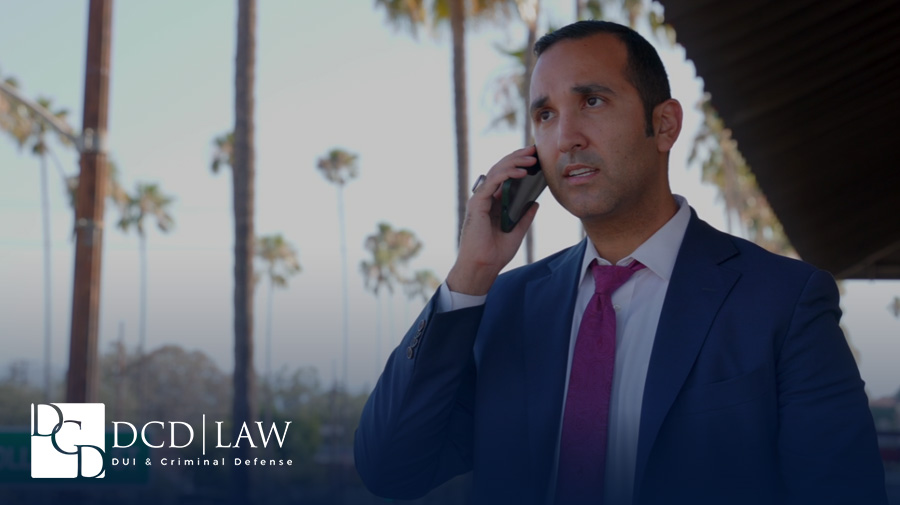Hit and Run Defense Lawyer in San Fernando, LA
Frequently Asked Questions
Do I need a lawyer for a misdemeanor hit and run in Los Angeles?
Yes. Even though it’s a misdemeanor, a hit and run charge can carry jail time, fines, a suspension of driving privileges, and a permanent criminal record. A good lawyer can help protect your rights, challenge the evidence, and may be able to negotiate a civil compromise or even get the charge reduced or dismissed.
Can I go to jail for a hit and run in Los Angeles?
Yes. Under California Vehicle Code §20002, a misdemeanor hit and run (involving property damage only) can result in up to 6 months in county jail, a fine up to $1,000, or both, along with other consequences like probation and DMV points.
Will my license be suspended for a hit and run in California?
Not automatically, but the DMV will add two points to your driving record, which may lead to license suspension if you accumulate too many points. It will also likely cause your insurance rates to spike or your policy to be cancelled. Also, a court may impose a suspension of driving privileges up to six months.
What should I do after a hit and run accusation?
- Do not speak to the police without a lawyer.
- Contact a criminal defense attorney immediately.
- Do not speak to your insurance company without a lawyer.
- Gather any evidence or witnesses that may help your case.
- If possible, attempt a civil compromise through your lawyer to resolve the matter without a criminal conviction.
Can a hit and run charge be dropped in California?
Yes, but it depends. Charges may be dropped if:
- There’s a lack of evidence or mistaken identity.
- You were not aware of the collision.
- A civil compromise is reached and approved by the court under Penal Code §137.
An experienced attorney can guide you through these options.
How can DCD LAW help in hit and run cases?
DCD LAW offers aggressive defense strategies for clients facing hit and run accusations all over Southern California, especially Los Angeles and Los Angeles County, including San Fernando, Van Nuys, Los Angeles, Palmdale, and Lancaster. We will:
- Investigate the case.
- Identify defenses such as mistaken identity or lack of knowledge.
- Negotiate with prosecutors.
- Attempt to resolve the case through civil compromise or reduced charges.
- Help you avoid jail, license penalties, and a criminal record.

